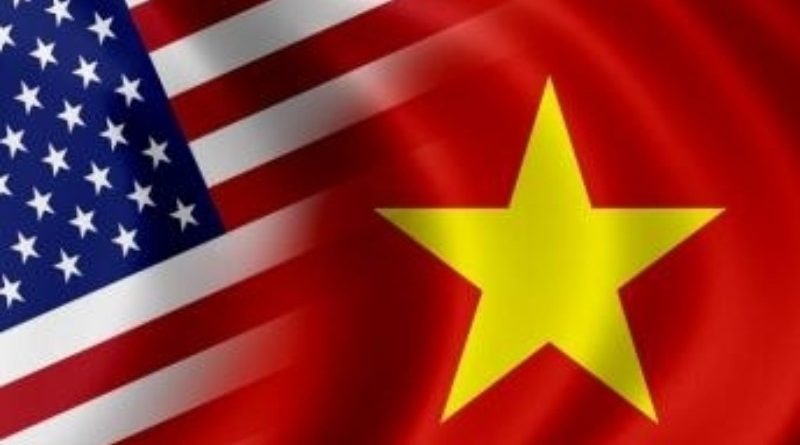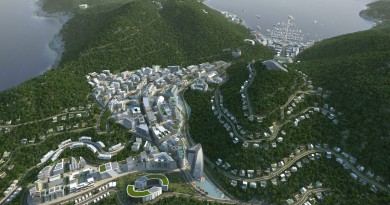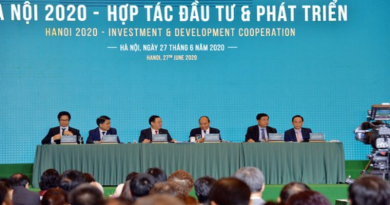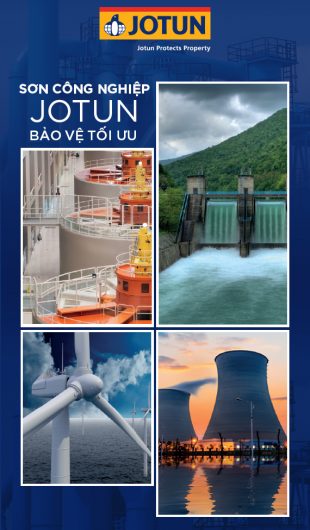Long-term US FDI in Vietnam is on an upward trend
As Vietnam’s economy continues to mature, US investment is primed for an upswing, riding the wave of free trade agreements, improving infrastructure, and a more transparent and enabling business environment. On the occasion of US President Donald Trump’s state visit to Vietnam on November 11 and 12, AmCham Vietnam’s chairman Jonathan L. Moreno shares his views on US investment prospects in Vietnam with VIR.
 |
AmCham Vietnam, representing more than 600 member companies in its Hanoi and Ho Chi Minh City chapters, continues to applaud Vietnam’s economic growth and ability to attract foreign direct investment (FDI).
From $3 billion in 2005, $4 billion in 2006, and $11.5 billion in 2008, Vietnam’s FDI attraction grew to $15.8 billion in 2016. During the first nine months of this year, it has been encouraging to see GDP growth of 6.4 per cent and registered FDI capital up more than 30 per cent when compared to the same period last year. Certainly, the Vietnamese government’s continued and increasing efforts in reducing red tape and providing incentives are contributing to these results. It is also wonderful to showcase Vietnam during this important year when it is hosting APEC and the numerous events occurring on the sidelines.
As I have had the opportunity to meet with Vietnam’s central and provincial leaders, I am often asked, “What will it take to increase American FDI?” Despite the fact that the US is Vietnam’s largest export destination and second-largest trading partner behind China, Vietnamese leaders believe American FDI investment should be higher. For example, between January and August of this year, US-backed investment in Vietnam ranked ninth, just behind Thailand. The total registered capital from the US during the same period – $370 million – is only 6 per cent that of Vietnam’s leading FDI investor, South Korea, which registered over $6 billion.
It is important to note that American investment in Vietnam is higher than shown by its FDI ranking. For you see, there are a number of FDI projects in Vietnam which are registered via US-backed subsidiaries based in different regions. For example, some Singaporean, Hong Kong, and British Virgin Islands investment projects in Vietnam will likely have an American parent company. That said, according to the June 29 Congressional Research Service report titled “US Direct Investment Abroad: Trends and Current Issues”, US FDI is decreasing in developing economies and increasing in developed economies. The report’s author James K. Jackson wrote, “Patterns in US direct investment abroad often reflect fundamental changes that occur in the US economy during the same period. As investment funds in the US economy shifted from extractive, processing, and manufacturing industries towards high technology, services, and financial industries, US investment abroad mirrored these changes.”
During the first nine months of 2017, the nature of FDI to Vietnam was predominantly in the areas of processing and manufacturing. Vietnam is doing a great job at attracting projects in sectors that are less likely to receive American investment.
Another slight setback to American FDI is the US administration’s withdrawal from the Trans-Pacific Partnership (TPP). There will likely be some companies which will not give Vietnam as much consideration for investment, while some might wait and see before investing due to a lack of preferential trade advantages that the TPP would have provided. Nevertheless, the US-Vietnam trade relationship has seen remarkable growth, from around $1 billion in 2000 to more than $52 billion in 2016. The relationship is significant and will continue to grow, and investments by American companies in Vietnam will surely be sound business decisions.
I believe in the short run it will likely be steady and measured. Companies, such as my own – which manufactures medical equipment and has appreciated the enthusiastic workforce and generally facilitative environment – will continue to grow and expand. New American companies will continue discovering the opportunities Vietnam has to offer.
As Vietnam further develops its economy with more advanced infrastructure and communications systems, I believe increases in American FDI, specifically in the areas of higher technology, finance, and services industries, will follow closely behind.
Source: VIR










